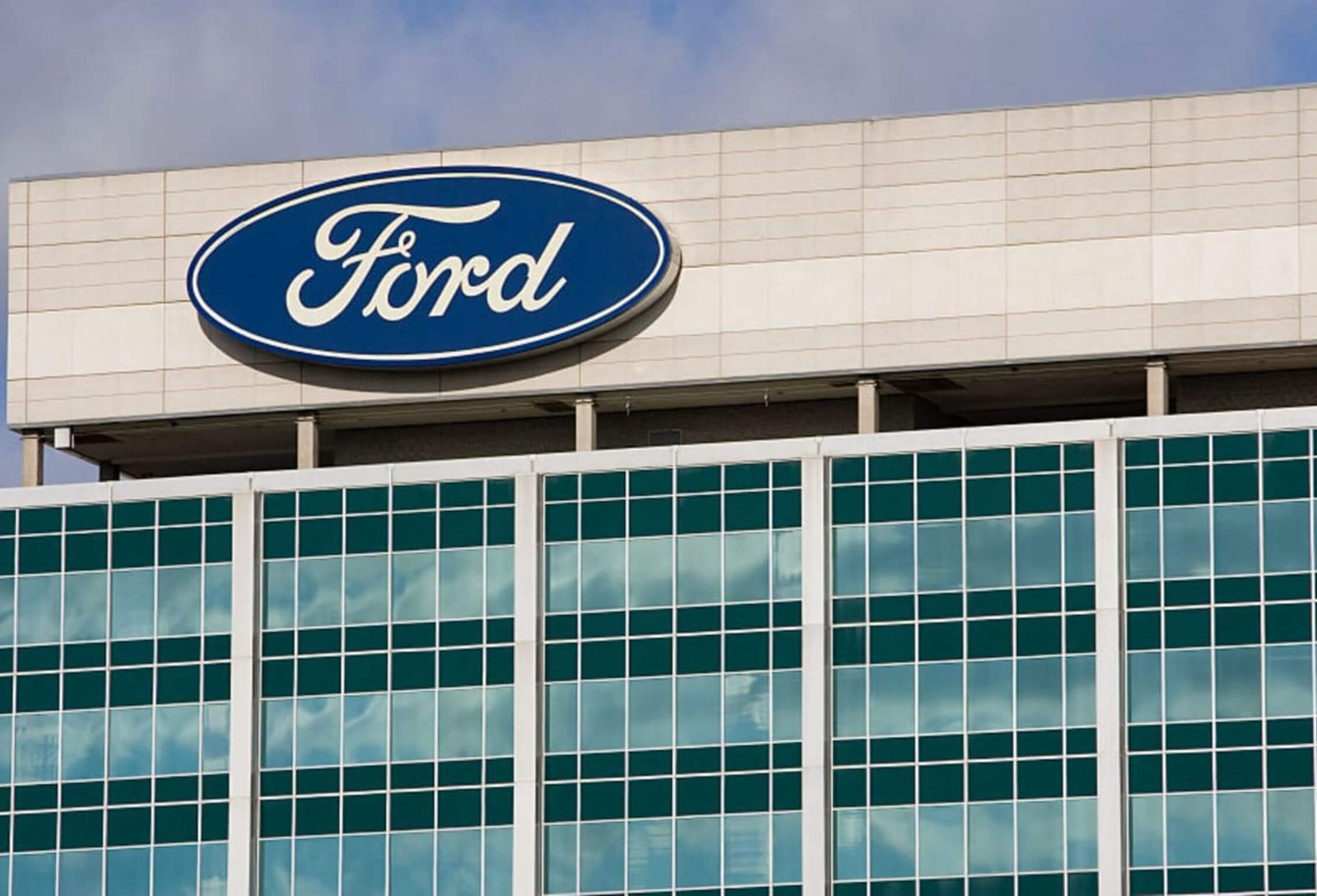In a notable shift in corporate policy, Ford Motor Company has announced a significant revision of its diversity, equity, and inclusion (DEI) initiatives. The automaker’s decision to reassess its DEI practices comes in response to evolving political and social dynamics, as well as changing legal landscapes impacting corporate policies.
According to an internal memo recently shared with Ford employees and subsequently posted online, the company has undertaken a comprehensive review of its DEI policies over the past year. The memo, which was verified by Ford, indicates that the company will no longer utilize quotas for minority dealerships or suppliers, and it will cease participation in several prominent corporate equality indices, including the Human Rights Campaign’s (HRC) Corporate Equality Index. Ford’s move reflects a broader trend among major companies reassessing their DEI commitments in light of conservative backlash and shifting public sentiments.
Ford’s decision follows similar moves by other major companies. Retailer Tractor Supply was among the first to scale back its DEI efforts, severing ties with the HRC and retiring its DEI targets. Similarly, Harley Davidson, whose board includes Ford CEO Jim Farley, announced that it would stop using the HRC’s metrics for evaluating LGBTQ+ employee treatment and would no longer maintain a dedicated DEI function. Home improvement retailer Lowe’s has also recently indicated potential changes to its DEI policies.
The companies’ shifts have been attributed to a combination of conservative backlash and an evolving social and political environment. Many of these organizations have cited a desire to appeal to more conservative or rural customer bases as a factor in their decisions.
Ford’s revised approach to DEI comes in the wake of heightened scrutiny on corporate diversity initiatives, particularly after the Supreme Court’s decision to overturn affirmative action policies in higher education. Conservative activists have increasingly called on corporations to reconsider their DEI investments, leading to a re-evaluation of such commitments by several major firms.
The move by Ford, which had previously received high marks from the HRC for its corporate equality measures, has drawn criticism from advocacy groups. Critics argue that the company’s decision could have detrimental effects on workplace inclusivity and employee morale, and they warn that abandoning DEI initiatives may alienate LGBTQ+ consumers and allies.
Ford has communicated that, despite the policy changes, it remains committed to addressing its customers’ and employees’ needs and to focusing on community engagement and support. The company has emphasized that while it will no longer participate in certain public DEI rankings, it will continue to address core issues and make a positive impact where possible.
The trend of corporations scaling back DEI efforts highlights a complex interplay of legal, political, and social factors influencing modern business practices. As the landscape continues to evolve, many companies will likely navigate these changes with a renewed focus on balancing business objectives with social responsibility.
Read Also: Mercately Revolutionizes E-Commerce in Latin America with New WhatsApp Integration



